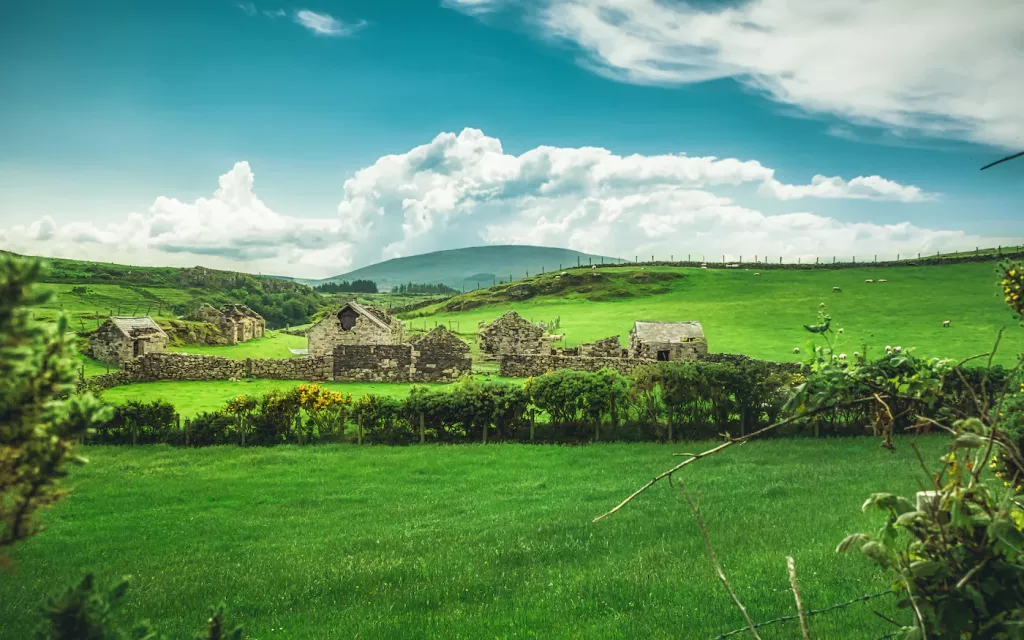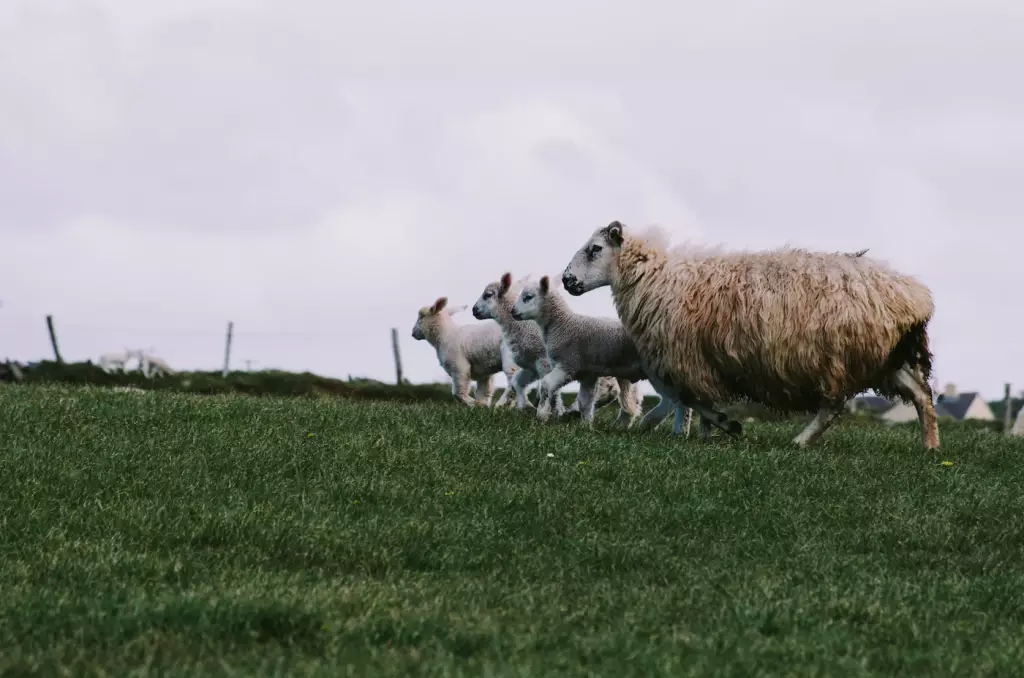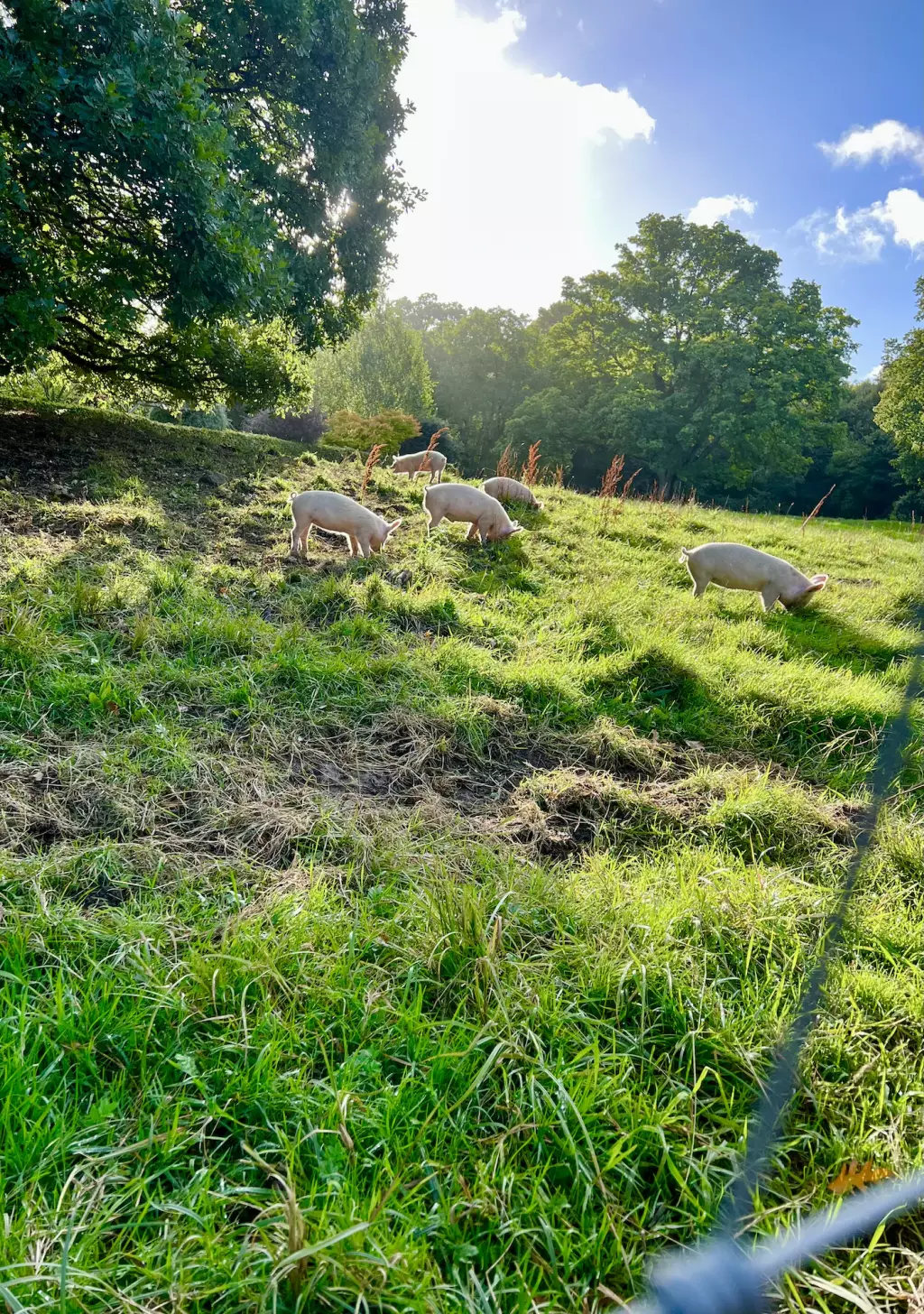7 Proven Small Acreage Farming Ideas for Ireland
Small acreage farming in Ireland is mainly focused on producing livestock such as cattle, sheep, and pigs, as well as crops such as barley, wheat, and oats. Make the most of small acreage in Ireland with these seven proven small acreage farming ideas to get you started. From crop rotation to animal husbandry, these ideas will help you maximize the potential of your small acreage.
Ideas such as raising sheep, growing vegetables and fruits, and keeping bees can all be done on a small acreage in Ireland. With careful management, poultry, dairy, and pig farming can also be profitable and provide a steady income. With the right plans and resources, small-acreage farming can be a profitable venture.
Small-acreage farming can be a great way to make a living in Ireland. This article will explore seven proven ideas to help you get started.
Summary
- Vegetable farming, planting fruit trees, and poultry farming are most common on small acreage in Ireland.
- Pig farming and sheep farming have been traditional when it comes to farming in Ireland.
- Dairy farming and beekeeping are most common on small family farms in Ireland.

On this page:
Proven Farming Ideas for Small Acreage in Ireland
Start your small acreage farming journey in Ireland with these seven proven ideas! Unlock new opportunities and increase your income with minimal effort.
1. Dairy farming is proven for small acreage
Dairy farming on small acreage has been a major part of the Irish agricultural industry for centuries. The traditional Irish dairy farm was typically located on a small acreage, usually 10 acres or less, and was typically owned and operated by a single family. These small family farms were the backbone of the Irish agricultural industry and provided the bulk of the milk and dairy products to the Irish people.
Today, dairy farming on small acreage remains an important part of the Irish agricultural industry. The majority of the milk and dairy products consumed in Ireland are produced on small family farms. The majority of these small farms use modern milking technology, such as robotic milking systems, to maximize production efficiency. In addition to milk production, many small family farms also produce cheese, butter, yogurt, and other dairy products.
In recent years, the number of small family farms in Ireland has been declining due to the increasing cost of land and the rising cost of production. The Irish government, in response, has taken measures to encourage the growth of small family farms. These measures include grants and subsidies for dairy farmers, as well as tax incentives for small acreage farms.
2. Sheep farming is proven for small acreage
Sheep farming on small acreage in Ireland can be a rewarding and profitable industry. As a smallholder in Ireland, you can take advantage of the country's abundant natural resources and the mild climate to raise sheep on a small scale.
The most common type of sheep farming in Ireland is lowland grazing, where the animals graze on grass and shrubs in open fields. This type of farming is an ideal choice for smallholders because it requires minimal infrastructure, and the animals can be rotated around the land to ensure they receive an adequate supply of food and water.
Most sheep farmers in Ireland use a low-input approach to management. This means they only use limited amounts of inputs such as feed, medicine, and labor. This approach helps reduce the cost of production, making it more sustainable in the long term.
When it comes to sheep, there are several breeds available in Ireland, such as the Irish Moiled, the Kerry, the Galway, and the Zwartbles. Each breed has its own unique qualities and characteristics, so it's important to choose the right breed for your needs.

3. Vegetable farming is proven for small acreage
Vegetable farming on small acreages in Ireland is becoming increasingly popular as people look for ways to produce fresh, nutrient-rich produce for their families. This type of farming is a great way to make the most of your small plot of land.
In Ireland, soil can range from sandy to heavy clay, so it is important to choose a soil type that will be conducive to the type of vegetables you plan to grow. Certain vegetables, such as potatoes and carrots, are better suited to cooler temperatures and require a longer growing season. Tomatoes and peppers thrive in warmer climates and can be harvested in less time.
4. Poultry farming is proven for small acreage
Poultry farming on small acreage in Ireland is becoming increasingly popular as a way to supplement income. The country offers a variety of climates and landscapes suitable for this type of farming, making it an ideal choice for small-scale farmers.
The main types of poultry farming in Ireland are chickens, ducks, geese, and turkeys. Chickens are the most popular choice for small-acreage poultry farmers. They are relatively easy to care for and can be raised for meat, eggs, or both. Ducks and geese are also popular for egg production, and turkeys are often kept for their meat.
5. Beekeeping is proven for small acreage
Beekeeping on a small acreage in Ireland is a great way to produce high-quality honey while providing a vital service to the local environment. Beekeeping is an important part of the Irish agricultural economy and provides a great opportunity for small acreage owners to make a living while preserving the environment.
Beekeepers in Ireland must be registered with the Department of Agriculture and comply with the regulations outlined in the Honey Bee Act of 1998. This includes registering beehives, obtaining permission from landowners, and adhering to various regulations regarding the handling and management of bees.
6. Pig farming is proven for small acreage
Pig farming is a great way to make money on a small acreage. Pigs are relatively big, and farming is a viable agricultural activity for small acreage in Ireland. With its temperate climate, Ireland’s soil and climate are well suited to the production of pigs. The country’s long tradition of pig farming is based on the natural resources of its environment and the availability of land.
Pig farming in Ireland can be a valuable business opportunity for small acreage owners. Pigs are hardy animals, and small acreage farms can easily raise them without the need for specialized equipment or large acreage. Pigs are also an efficient source of meat and a valuable source of income for small acreage farmers.
Pig farming on small acreage farms in Ireland requires careful planning and management. A farmer will need to select the right breed of pig for his or her acreage and ensure that the pigs receive adequate food, water, and shelter.
Pigs can be kept in pens or open fields, depending on the size of the acreage. It is important to maintain good hygiene and health care, as well as to follow any regulations that are in place regarding animal husbandry.

7. Planting fruit trees is proven for small acreage
Planting fruit trees on small acreage in Ireland is a great way to add a touch of beauty as well as produce delicious fruit. Fruit trees can be used to create a beautiful orchard, provide a source of food, and attract wildlife. As well as providing a variety of edible fruit, fruit trees also offer other benefits, such as providing shade and shelter for crops and livestock.
When planting fruit trees on small acreage in Ireland, the first step is to assess the climate and soil conditions. It is important to choose trees that are suitable for the local climate and soil type. The best time to plant fruit trees is in late autumn or early spring, when the ground is soft and the weather is mild.
When selecting the type of fruit tree to plant, consider the amount of space available and the soil type. Apples and pears are good choices for small areas, while larger areas may be suitable for plums, cherries, and peaches. For smaller areas, dwarf varieties of fruit trees are available that can be grown in containers or raised beds.


